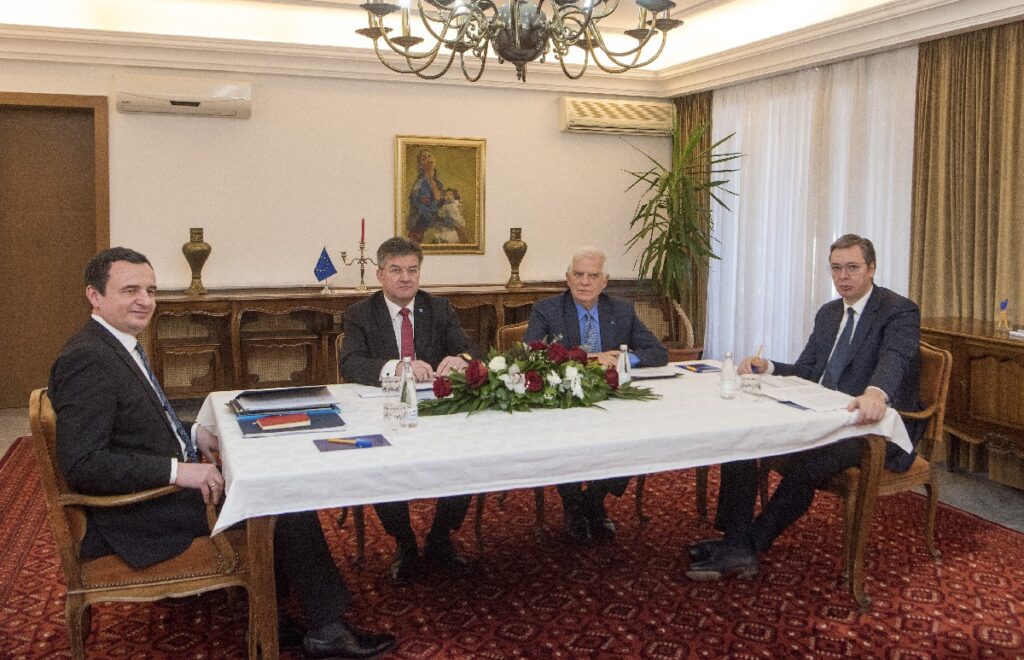Serbia-Kosovo relations: old issues and new pressures for an epilogue
On the evening of February 27th 2022, the day-long meeting in Brussels between Serbian President Aleksandar Vučić, Kosovar Prime Minister Albin Kurti, the European Union’s High Representative for Foreign Affairs and Security Policy Josep Borrell, and the EU Special Representative for Belgrade-Pristina Dialogue Miroslav Lajčák, finally came to an end.
April 28, 2023 - Filip Mirilović


































